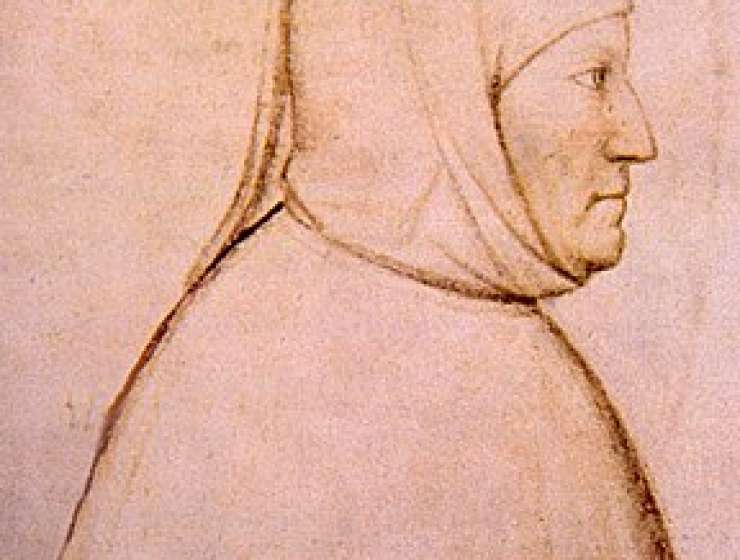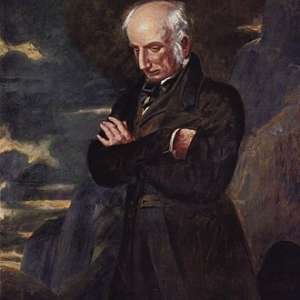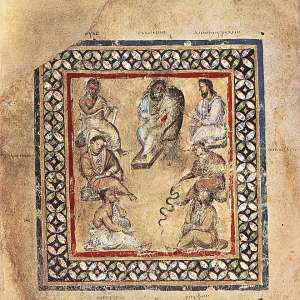The Italian poet and scholar Francesco Petrarch lived through the most deadly pandemic in recorded history, the Black Death of the 14th century, which saw up to 200 million die from plague across Eurasia and North Africa. Through the unique record of letters and other writings Petrarch left us, Paula Findlen explores how he chronicled, commemorated, and mourned his many loved ones who succumbed, and what he might be able to teach us today.
What will we remember of this year of COVID-19 and how will we recall it? In 1374, during the final year of a long and interesting life, the Italian humanist and poet Francesco Petrarch observed that his society had lived with “this plague, without equal in all the centuries", for over twenty-five years.1 His fortune and misfortune had been to outlast so many friends and family who perished before him, many of them from this devastating disease.











































